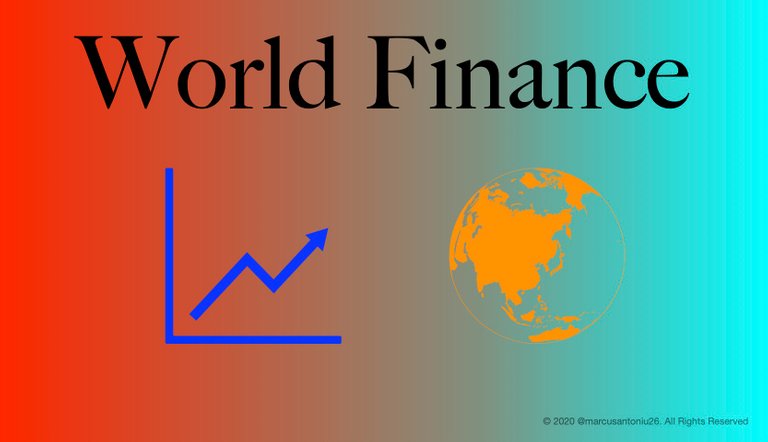
Deflation is a persistent and prolonged decline in the overall price level of goods and services in an economy. It is the opposite of inflation, which is a persistent rise in the overall price level. While deflation may seem like a good thing for consumers, as it can lead to lower prices, it can have serious negative effects on the economy.
One of the main risks of deflation is that it can lead to a deflationary spiral. When prices are falling, consumers and businesses may delay spending and investment in anticipation of even lower prices in the future. This can lead to a reduction in demand, which in turn leads to lower prices and wages. This can create a cycle of declining demand and prices that can be difficult to break.
Another risk of deflation is that it can increase the real burden of debt. When prices are falling, the value of debts remains the same, but the value of assets and incomes declines. This means that debts become relatively larger and more difficult to repay, which can lead to defaults and bankruptcies. This can lead to a reduction in credit availability and a contraction in economic activity.
Deflation can also lead to a decrease in investment and innovation. When prices are falling, businesses may delay investments in new products, technologies, and processes because they are uncertain about future demand and profits. This can lead to a reduction in productivity and competitiveness, which can lead to lower economic growth.
Deflation can also lead to an increase in unemployment. When prices are falling, businesses may reduce production and lay off workers to reduce costs. This can lead to a decline in consumer spending and a contraction in the economy, which can exacerbate the deflationary spiral.
Finally, deflation can be difficult for central banks to combat. Central banks typically use monetary policy, such as lowering interest rates or increasing the money supply, to combat inflation. However, these tools may be less effective in a deflationary environment, as interest rates may already be close to zero and increasing the money supply may not stimulate demand.
In conclusion, while deflation may seem like a good thing for consumers, it can have serious negative effects on the economy. The risk of a deflationary spiral, an increase in the real burden of debt, a decrease in investment and innovation, an increase in unemployment, and difficulty for central banks to combat it are all factors that can lead to a prolonged period of economic stagnation. Therefore, it is important for policymakers to monitor and take steps to prevent deflation from occurring in the first place.
For further information, read this article
There is reasonable evidence that this article is machine-generated. Posting such content is considered fraud.
Fraud is discouraged by the community and may result in the account being Blacklisted.
Guide: Why and How People Abuse and Defraud
If you believe this comment is in error, please contact us in #appeals in Discord.